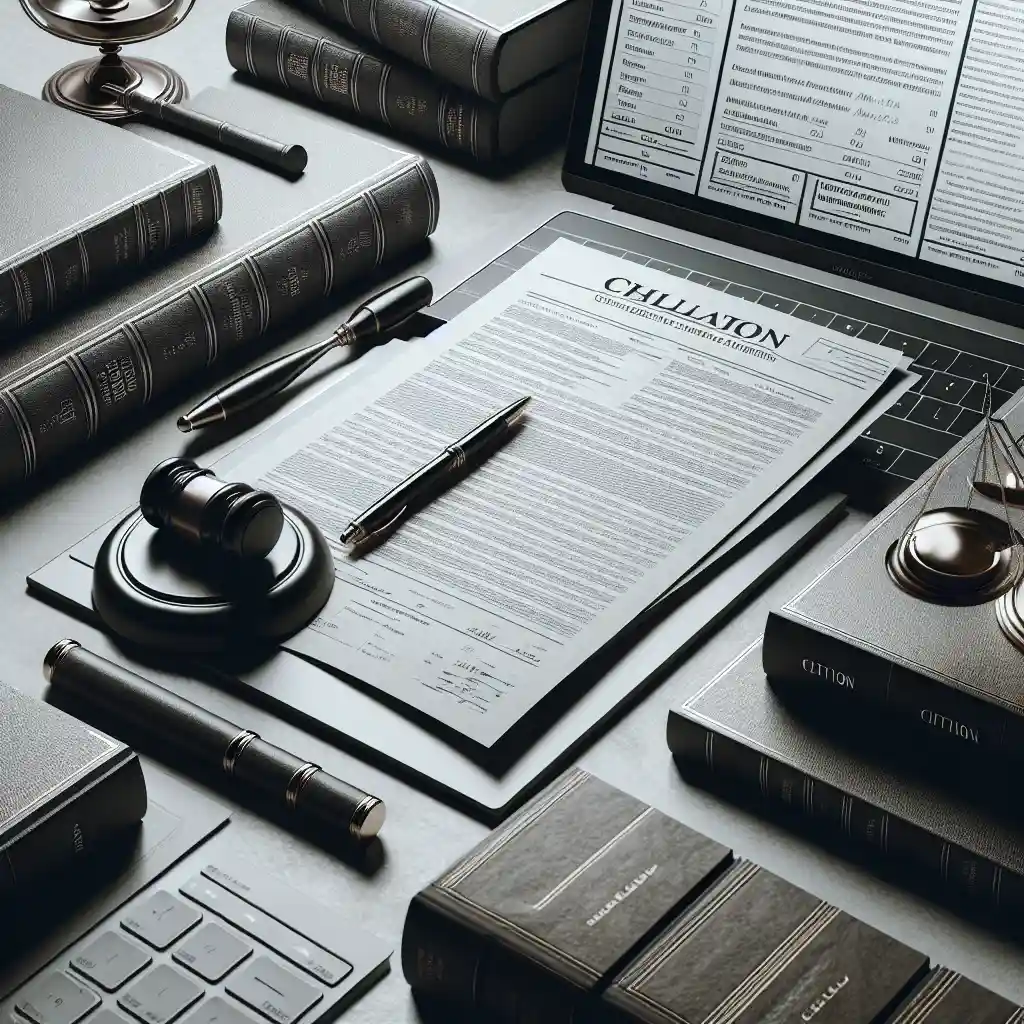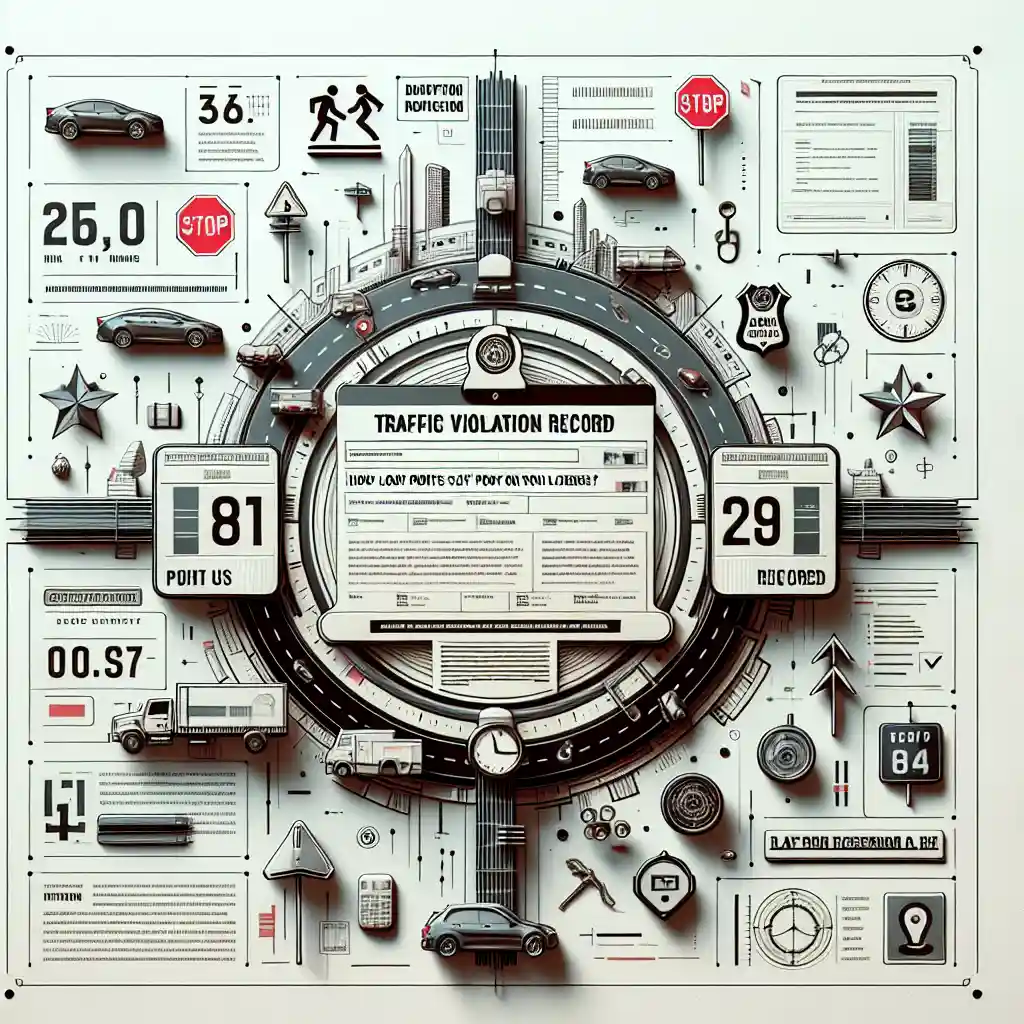Navigating Traffic Court: Dos and Don'ts for a Successful Defense
In traffic court, knowing the dos and don'ts can make a significant difference in the outcome of your case. Successfully defending yourself requires careful navigation of the legal system and making wise decisions throughout the process. This blog post will outline key strategies to help you avoid common mistakes and build a strong defense in traffic court.

Understanding the Charges Against You
Before your court date, take the time to thoroughly understand the charges against you. Review the ticket or citation you received and research the traffic laws related to your case. Knowing the specifics of what you are being accused of will better prepare you to present a defense. If you are unsure about any aspect of the charges, seek clarification from a legal professional.
Gathering Evidence to Support Your Defense
Evidence is crucial in building a successful defense in traffic court. Collect any relevant documentation, such as witness statements, photographs, or maintenance records of the vehicle involved. Additionally, if there were any extenuating circumstances that led to the traffic violation, gather evidence to support your claims. Presenting compelling evidence can strengthen your defense and increase the likelihood of a favorable outcome.
Presenting Yourself Professionally in Court
When appearing in traffic court, it is essential to present yourself professionally. Dressing appropriately and behaving respectfully towards the judge and court officials can positively impact the outcome of your case. Avoiding confrontational behavior and following courtroom etiquette demonstrates your seriousness and commitment to resolving the matter responsibly.
Seeking Legal Guidance and Representation
Navigating traffic court can be complex, especially if you are unfamiliar with legal procedures and terminology. Consider seeking guidance from a legal professional specializing in traffic law. An experienced attorney can provide valuable insight into your case, advise you on the best course of action, and represent you in court if necessary. Their expertise can be instrumental in securing a successful defense.
Negotiating a Settlement or Plea Bargain
In some cases, negotiating a settlement or plea bargain may be a viable option to resolve the matter without going to trial. This can result in reduced charges, fines, or points on your driving record. However, it is essential to weigh the pros and cons carefully before accepting any plea deal. Understanding the implications of the agreement and how it will affect your driving record is crucial in making an informed decision.
Following Court Orders and Compliance
After presenting your defense in traffic court, it is important to comply with any court orders or requirements issued by the judge. This may include paying fines, attending driving courses, or completing community service. Failing to meet these obligations can lead to further consequences and potentially worsen your legal situation. It is in your best interest to fulfill all court-mandated requirements promptly.
By following these dos and don'ts for a successful defense in traffic court, you can navigate the legal process with confidence and increase your chances of a favorable outcome. Remember to approach the situation thoughtfully, gather compelling evidence, seek legal guidance when needed, and conduct yourself professionally in court. Avoiding common mistakes and taking proactive steps can ultimately lead to a successful defense in traffic court.













